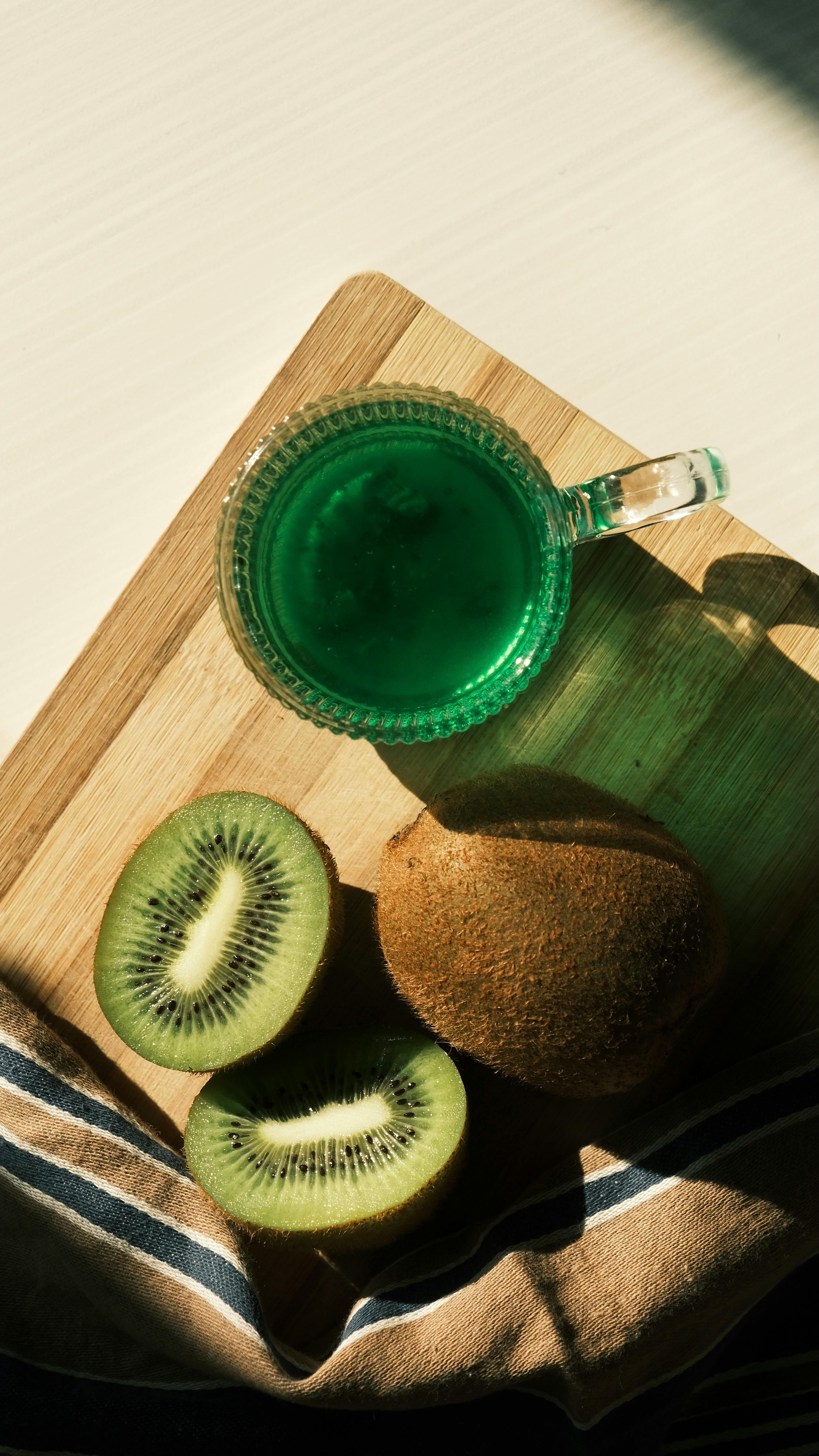
Understanding Kidney Stones: The Importance of Diet
Kidney stones are a common health concern that can lead to severe discomfort and complications. Adopting a comprehensive kidney stone diet is crucial for preventing the formation of stones and maintaining kidney health. In 2025, dietary practices for kidney stone prevention have become increasingly emphasized, and understanding specific foods that contribute to or help avoid stones can significantly improve health outcomes.
The process of managing kidney stones starts with understanding the types of stones and the factors contributing to their formation. By making informed dietary choices, individuals can influence their urinary composition and ultimately reduce their stone risk. This article details effective dietary changes, hydration tips, and nutrient management to create a robust plan to prevent kidney stones.
Throughout this guide, we will explore key topics such as foods to avoid kidney stones, hydration strategies, and the role of essential nutrients in kidney health. Additionally, practical meal plans and recommendations for fruits and vegetables beneficial for kidney stones will be provided.
By implementing the insights offered here, readers can develop healthier eating habits and make empowered choices that lead to a kidney-friendly lifestyle.
Essential Foods to Include in Your Kidney Stone Diet
Building a healthy diet to combat kidney stones revolves around including beneficial foods while steering clear of those that contribute to stone formation. A practical approach involves focusing on foods that can enhance kidney health and include desirable nutrients.
Fruits Beneficial for Kidney Stones
Fruits play a vital role in a kidney stone diet, offering hydration and essential nutrients. Citrus fruits, for instance, such as oranges and lemons, contain citrate, which can help inhibit stone formation. Other high-water content fruits like watermelon and strawberries not only contribute to hydration but also provide vitamins and minerals critical for maintaining kidney function.
Incorporating high-fiber fruits such as apples and pears can further support kidney health. Fiber aids digestion, helps control weight, and reduces the risk of stone recurrence. It's essential to balance fruit consumption to avoid high sugar intake while maximizing their health benefits.
Vegetables for Kidney Health
Vegetables are another foundational aspect of a kidney stone diet. Leafy greens like spinach and kale are known for their high nutrient profiles but should be consumed in moderation due to their oxalate content. Other vegetable choices, such as broccoli and bell peppers, can add variety and essential vitamins to meals, promoting overall health.
Adopting a low-oxalate diet might involve opting for vegetables that are lower in oxalate, ensuring a diverse nutrient intake while minimizing risks. Preparing these vegetables using healthy cooking methods, such as steaming or sautéing without excessive oils and salts, can further enhance their benefits.
Hydration and Kidney Stones: Strategies for Success
Proper hydration is one of the cornerstones in the prevention of kidney stones. Adequate fluid intake dilutes urine, reducing the concentration of stone-forming substances. Understanding hydration goals and strategies can significantly aid in avoiding stone recurrence.
Best Hydration Practices for Kidney Health
Experts recommend drinking at least 2 to 3 liters of water daily, especially for those with a history of kidney stones. In addition to plain water, other hydrating options include herbal teas and infused water with fruits like lemon. Monitoring urine color can serve as a practical indicator of hydration levels; light yellow urine typically signifies adequate hydration.
Avoiding Dehydration: Key Tips
Avoiding dehydration involves not only drinking enough fluids but also being mindful of factors that may increase fluid loss, such as intense physical activity and high environmental temperatures. Including foods high in water content, such as cucumbers and oranges, can complement hydration efforts.
Additionally, avoiding dehydrating beverages such as those containing caffeine or excessive sodium is crucial in effectively managing hydration levels. Incorporating regular breaks to drink water, particularly during physical activity, can further promote kidney health.
Calcium, Magnesium, and Nutritional Balance
Understanding the role of minerals like calcium and magnesium in kidney health is essential for constructing a well-rounded diet. While hydrating and managing oxalate intake is crucial, maintaining a balanced nutritional profile can enhance kidney function and overall health.
The Role of Calcium in Kidney Stones
Calcium plays a dual role in kidney health; while excessive calcium intake may contribute to kidney stones, the right amount is essential. Lowering calcium intake may increase oxalate absorption, which can lead to stones. Dairy products and fortified plant-based alternatives provide a balanced source of calcium that is beneficial for bone and kidney health.
Magnesium's Protective Benefits
Emerging research highlights magnesium as a protective mineral against kidney stone formation. Foods rich in magnesium include nuts, seeds, and whole grains. These foods not only aid in balancing urinary pH but also play a role in metabolic processes involved in preventing stones.
Meal Planning and Recipes for Kidney Health
Designing meals that support kidney health involves more than just choosing the right foods. Meal prep strategies and planning can ensure balanced nutrient distribution while avoiding high-risk foods. Individuals can engage in meal prepping for kidney stones to simplify healthy eating.
Creating a Balanced Kidney Stone Meal Plan
A balanced meal plan for kidney stones should include a variety of foods rich in potassium, magnesium, and fiber. Portion control is essential, as is monitoring salt intake. Meals can consist of whole grains, lean proteins, and a vast array of fruits and vegetables, promoting diversity and nutrient variety.
Kidney-Friendly Cooking Methods
When preparing meals, consider using cooking methods that enhance health. Steaming, grilling, and baking are healthier options compared to frying or using excessive oils. These methods can retain nutrients while reducing the likelihood of additional fats that may adversely affect kidney health.
Common Foods to Avoid for Kidney Stone Prevention
While including helpful foods is vital, avoiding certain foods is just as critical in a kidney stone diet. Understanding what to eliminate can significantly lower the risk of stone formation and promote better health outcomes.
Stone-Forming Foods and Their Impact
Certain foods, like those high in oxalates—such as spinach, nuts, and chocolate—can contribute to kidney stones and should be consumed in moderation. Furthermore, high purine foods, including red meat and shellfish, can increase uric acid levels, leading to another type of stone, uric acid stones. Avoiding these is key to kidney stone prevention.
Reducing Animal Protein and Salt Intake
Limiting animal protein and salt intake can also aid in mitigating kidney stone risk. Processed meats and salty snacks contribute to higher excretion of calcium and oxalates in urine. Opt for plant-based proteins, like legumes and nuts, which provide healthier options while supporting overall kidney function.
Conclusion: Empowering Kidney Health Through Dietary Changes
Implementing an effective kidney stone diet requires understanding the complexities of food choices, hydration levels, and nutrient balance. By incorporating preventative strategies through diet, individuals can significantly decrease their risk of kidney stones and enhance overall kidney health.
Consulting a dietitian can provide personalized dietary recommendations tailored to individual health needs and conditions that may impact kidney function. Emphasizing avoidance of high-risk foods and including kidney-friendly options can pave the way to a healthier lifestyle.
It's vital to stay informed about dietary changes and make gradual shifts towards a more kidney-conscious diet for long-term health benefits.
 example.com/image2.png
example.com/image2.png
 example.com/image3.png
example.com/image3.png